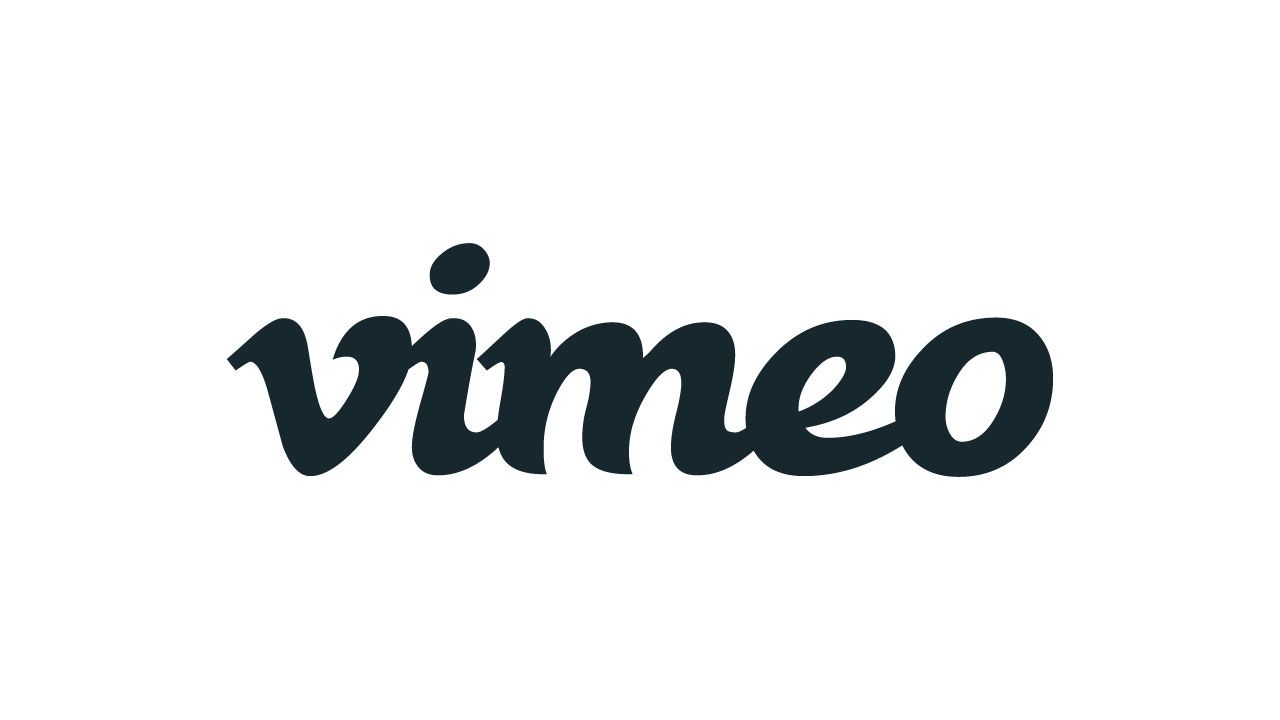As a business owner or marketer, you are likely aware of the importance of online video in today's digital landscape.
Online video platforms are essential tools that enable businesses to host, manage, and distribute their video content easily.
In this article, we will dive into the world of online video platforms and provide you with all the information you need to choose the right one for your business.
Types of Online Video Platforms
Online video platforms can be divided into two main categories: cloud-based and self-hosted. Cloud-based platforms are hosted on third-party servers, making them easy to set up and use.
Self-hosted platforms require you to host the video files on your own servers, giving you more control over your content but also requiring more technical expertise.
Cloud-based video hosting platforms are the most popular option for businesses due to their ease of use and affordability.
They typically offer a range of features, including video hosting and storage, video content management, video player customization, security and access controls, and video analytics and reporting.
Key Features of Online Video Platforms
Let's take a closer look at the key features that you should consider when choosing an online video platform for your business.
Video Hosting and Storage:
This feature allows you to upload and store your video content on the platform's servers. Make sure that the platform offers enough storage space and bandwidth to meet your needs.
Video Content Management:
This feature allows you to organize and manage your video content easily. Look for a platform that offers intuitive content management tools, such as tag-based search and filtering.
Video Player Customization:
This feature enables you to customize the appearance and functionality of your video player. Look for a platform that offers a range of customization options, such as branding, autoplay, and captions.
Security and Access Controls:
This feature allows you to control who can access your video content and how it can be shared. Look for a platform that offers robust security features, such as password protection and domain restrictions.
Video Analytics and Reporting:
This feature provides you with valuable insights into how your video content is performing. Look for a platform that offers detailed analytics and reporting tools, such as viewer engagement metrics and video heatmaps.
Choosing the Right Online Video Platform for Your Business
When choosing an online video platform for your business, there are several factors that you should consider.
These include your budget, technical expertise, the size of your video library, and the types of video content you create.
To help you make an informed decision, we have created an online video platform comparison that compares some of the most popular platforms available.
Examples of Online Video Platforms for Business
Here are some examples of online video platforms that are suitable for businesses of all sizes:
YouTube:

The world's largest video hosting platform, ideal for reaching a wide audience and building brand awareness.
Vimeo:

A popular video hosting platform that offers a range of advanced features, including customization options and analytics.
StoryXpress:

A video platform designed specifically for businesses, with hosting, advanced analytics, customization options, and integrations with marketing automation tools.
Tips for Making the Most of Your Online Video Platform
Now that you have chosen the right online video platform for your business, it's time to start creating and sharing high-quality video content. Here are some tips to help you make the most of your platform:
Creating High-Quality Video Content:
Invest in high-quality equipment, plan your content carefully, and focus on creating engaging and informative videos that resonate with your target audience.
Optimizing Video Content for SEO:
Use relevant keywords in your video titles, descriptions, and tags to help your content rank higher in search results.
Using Analytics to Track Performance:
Monitor your video analytics regularly to identify areas for improvement and optimize your content strategy accordingly.
Integrating with Other Marketing Channels:
Use your online video platform to support your broader marketing strategy by integrating it with other channels, such as social media and email marketing.
Conclusion
In conclusion, online video platforms are essential tools for businesses looking to leverage the power of video marketing.
By choosing the right platform and following best practices for creating and sharing high-quality video content, you can reach a wider audience, build brand awareness, and drive engagement and conversions.


 Free Screen Recorder for Chrome
Free Screen Recorder for Chrome













